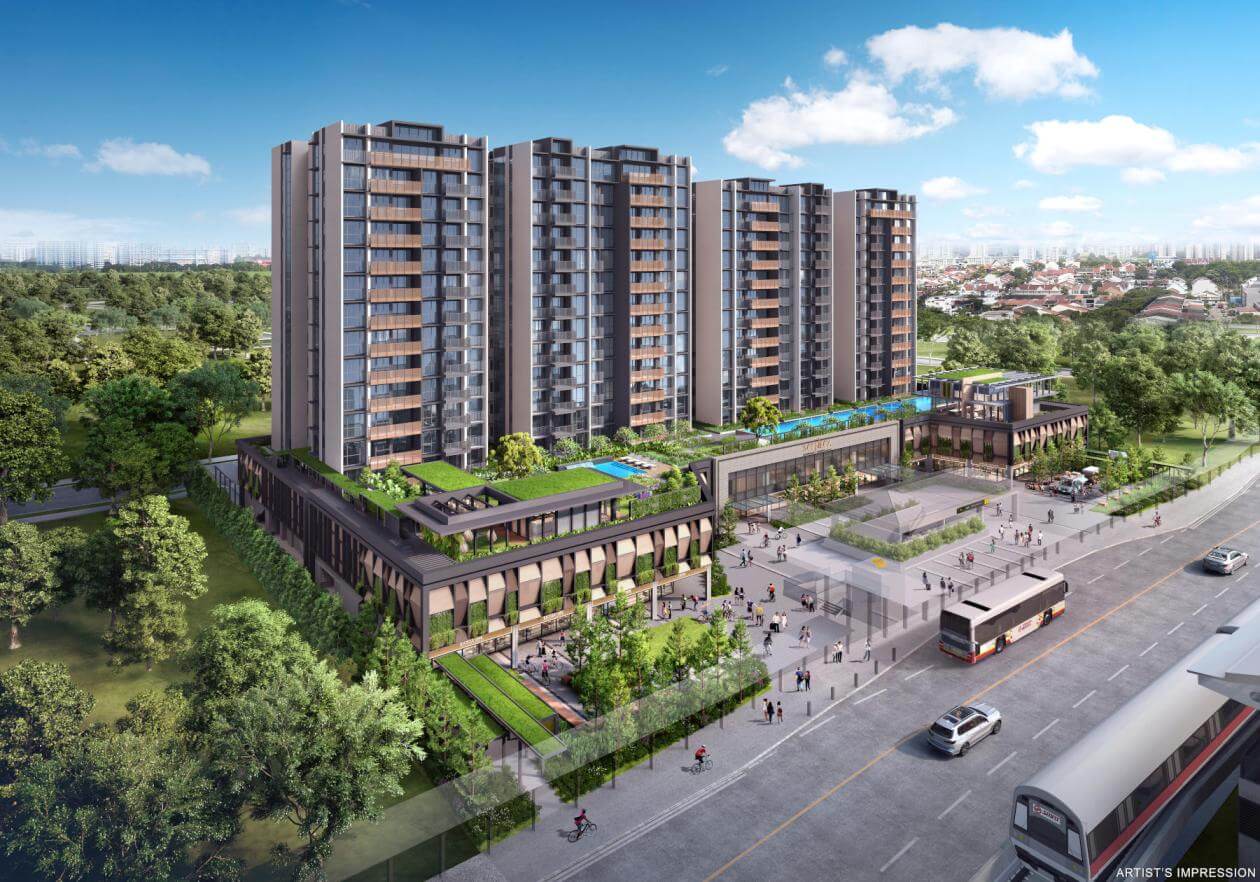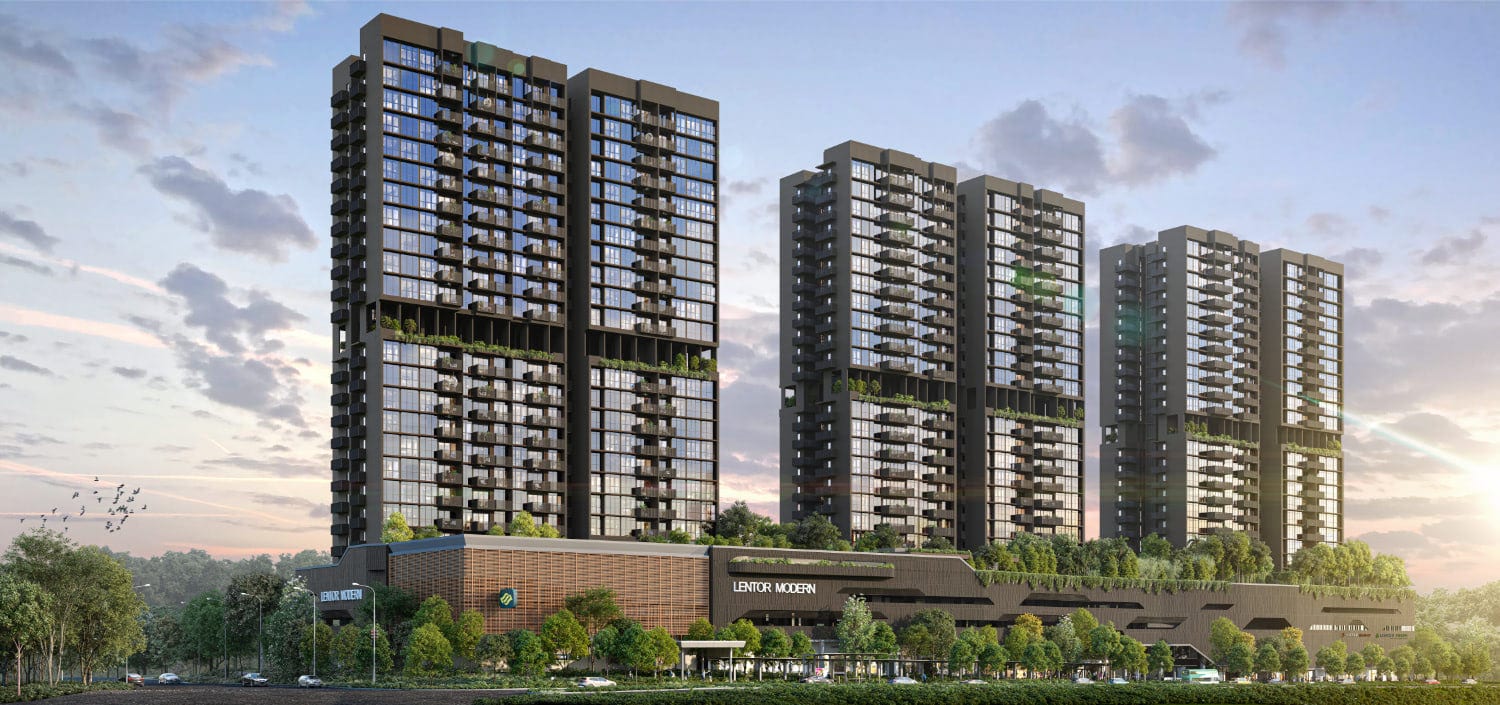Looking to buy or sell a property?
Number One Property
With years of experience and a proven track record, you can trust us to get the job done quickly and efficiently.


Looking for the perfect property to call home?
Are you tired of endlessly searching for that perfect property? We know how grueling the search can be. We strive to offer solutions that make your home-buying process easier than ever before. With over a decade of experience in providing valuable insights into the real estate market, our team of professionals is here to help you find your dream home.
Let's Explore The Property Of Your Dreams
Perfect Ten
- 321 Bukit Timah Rd
-
2 Beds
-
2 Baths
-
753 sqft
Sell Your House Fast And For More
Don’t miss out on this chance. Get an expert on your side and maximize your return on property investments, by capitalizing on the market with our expertise, knowledge, proven negotiation tactics.

Your property is in good hands
Let us take the stress and hassle out of selling your property off your hands.

Detailed Home Valuation Report
With a detailed home valuation report, you can confidently make the right decisions and get a return on investment. We have you covered with the most accurate and market-relevant analytics.

Professional Photography & Advertising
Make your listings stand out above the competition and attract more buyers with quality property photography. Our innovative technology helps to unlock the power of property advertising so that you can maximize your visibility,

Smooth Viewing, Negotiation & Closing
We are committed to delivering a seamless transaction every time. As part of this commitment, our team of experts will be available throughout the entire process in order to provide support and assistance at any step along your journey to a successful closing.


Here Is A Little About What We Do
Home Loan
Number One Property helps you make the best decision when it comes to purchasing or refinancing your property. With competitive interest rates and home loan packages tailored to your needs, you can turn your dream into a reality, hassle-free!
Home Valuation
Number One Property is the perfect tool to help you find out the value of your residential property in Singapore. With our AI-enabled research tool, you can get real-time and accurate market value estimations.
Property Calculator
Number One Property makes it easy for you to make informed decisions on your property investments. With our range of property calculators, you can easily budget and plan your finances with ease.
Popular Articles

Number One Property is your go-to source for all the latest property trends and news in Singapore. Stay informed and up to date on the ever-changing property market.

Property Decopupling Guide
Buying multiple properties as Singaporean couples come with hefty stamp duties. Decoupling might be a great solution to avoid paying the extra toll.

Top Primary Schools In Singapore
Our easy-to-use table helps you find the top-ranked schools in Singapore so that you can make an informed decision.

Executive Condominium Buyers Guide
If you’re looking for an executive condominium, we have the perfect one for you! Our buyer’s guide makes it effortless to locate your ideal home.
Reviews
What Our Customers Say About Us
Number One Property Newsletter
Stay continually updated on the latest new launch, exclusive developer discounts, market updates, and property news.
















